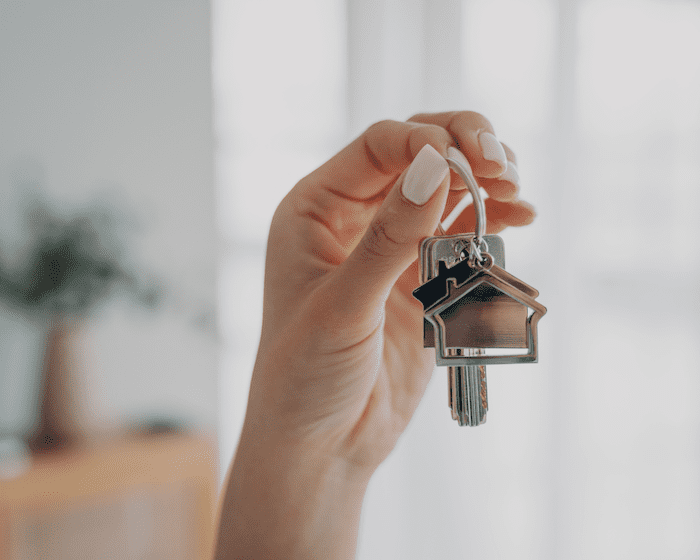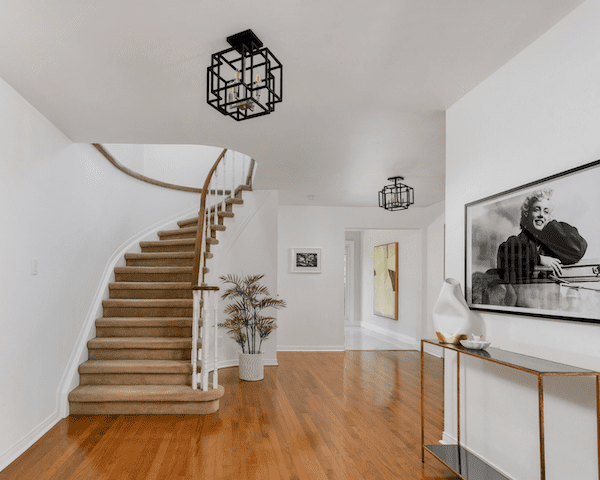In all of the excitement of searching for your new home in Toronto, it can be easy to throw caution to the wind. This is particularly true once you’ve found what appears to be the perfect place that has every feature you’ve always dreamed about. Just remember that your home will be one of the most valuable financial assets you will ever own.
It makes sense to be exceptionally diligent when you consider all that could be at stake. In this post, we’ll talk about a few things you want to avoid throughout the process of buying your next Toronto home.
Want to stay up to date with the latest in Toronto real estate? Get news about our latest listings and insights on the market by subscribing to our newsletter right here.
Beware of Foundational Issues
Structural damage is the most obvious thing to avoid when buying a home. Unfortunately, the flaws themselves may not always be so easy to spot. On the one hand, it’s easy to see if the roof has collapsed or if the basement has large horizontal cracks and extensive water damage. The real trouble is that most warning signs are a little more subtle.
A window or door that sticks slightly could be an easily fixable sizing issue. Or it could be an indication of something much more ominous. Electrical and plumbing problems can be even more difficult to detect. What can you do, since so many foundational flaws could be hidden beneath the surface? This brings us to another critical step before committing to a purchase.
Knowing what to avoid is only part of a successful home-buying experience. You also want to know what to look for, and the posts below can help!
- What Are Etobicoke’s Most Luxurious Neighbourhoods?
- How to Know a Home Is Safe Before You Buy
- 7 Signs You’ve Found The Right Home
Don’t Skip the Home Inspection
Very few buyers would skip a home inspection under normal circumstances. If the market is relatively stable, it’s a good idea to even include it as a condition of purchase. It’s when the market gets competitive that you may feel you need to forgo this critical step.
When multiple buyers are all vying for the same listing, conditional offers are often the first thing to go. However, you can still do some due diligence to protect your interests.
Start by asking the seller if a pre-listing inspection report is available. You could also arrange an inspection of the home before making your offer in the first place. It will be on your own time and at your own expense, but it’s a small price to pay when committing to such a significant purchase.
At the very least, be sure to have an experienced buyer’s agent at your side during showings. Though we are not technically home inspectors, we’ve been through the process countless times and can often spot potential problems from miles away.
Surface Level Renovations
Don’t let yourself be distracted by beautiful staging during home showings. An overly stunning presentation could be exactly what it seems – or it could be hiding a multitude of flaws. From a seller’s perspective, why invest thousands of dollars fixing an underlying problem when you could just slap on a quick coat of paint or cover a water stain with an area rug? This is also one of the problems with buying a flipped house.
Don’t get us wrong; you probably want to choose a property where the seller took some time and attention to prepare for your arrival. A messy and chaotic home could be a warning sign that the previous owners didn’t maintain it as well as they should have.
Like all aspects of real estate, showings and presentations are nuanced. A few imperfections might seem off-putting but actually be a fantastic opportunity to buy a structurally sound house that only needs a few cosmetic updates. On the other hand, you need to be careful if the presentation is a little too polished. A skilled real estate agent is essential to help you cut through the noise and find a house that is right for your needs.
Outdated Pricing Strategies
Home sellers are typically on the cutting edge in terms of pricing when real estate values are rising. When prices fall, they often revert to living in the past. It’s understandable. No one likes the idea of their home losing value. As such, it’s not unusual for houses to be overpriced during buyer’s markets because the seller is relying on outdated facts and statistics.
This is why you should always take the time to get to know the market carefully before placing any offers. Paying attention to the number of listings available and how many other serious buyers you may be up against can save you from overpaying for the home you want.
Don’t let unforeseen legal hiccups stand between you and the right home. The posts below could assist you in a seamless close:
- Can You Sell a House With Open Permits
- Everything You Need to Know About Land Transfer Taxes
- Real Estate Fraud? Yes, It’s A Thing
Acting on Emotion
People can be emotional when searching for the place they’re about to call home for the next few years. When you find a listing that seems like it was made just for you, it’s easy to be tempted to do whatever it takes to make it yours.
You may also be inclined to drop conditions or increase your offer amount – just in case other buyers are also looking at the house. Even worse, you may take a few shortcuts on your due diligence.
As challenging as it may be, it’s essential that you avoid making any final decisions based on emotions. Working with a local real estate agent can help you keep your feet on the ground and make your offers based on real data from the current market.
We’ll work together to create a comfortable budget for your lifestyle and ensure that you stick to it. Once you know what to avoid, you can refocus your attention on the most important part of your purchase – finding the perfect fit for you!
Do you want more customized advice before buying your next home in Toronto? Our experienced real estate agents are here to help. Reach out to us anytime at ana@asantos.ca or call us at 647.232.7317 with any questions.

Meet The Team
See how our dynamic duo leads a smart strategy to help you sell your Toronto home for top dollar.









